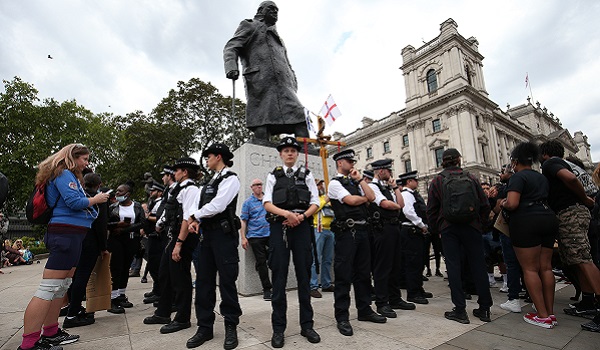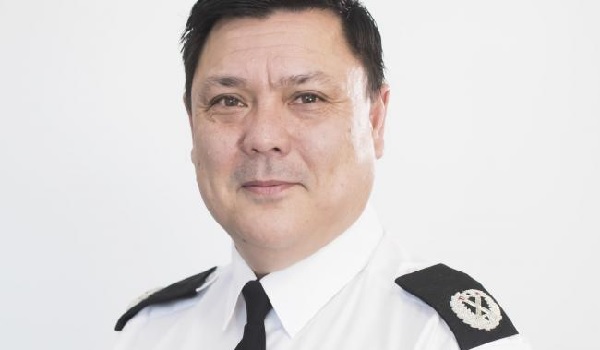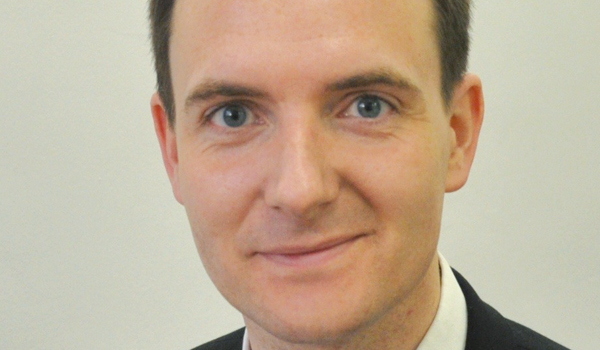Police must decide whether to prevent protesters pulling down statues
Police must make their own decisions on whether to intervene if anti-racism protesters try to pull down further statues as part of the Black Lives Matter demonstrations, Downing Street has said.
Prime Minister Boris Johnson told his Cabinet on Tuesday (June 9) that protesters who break social distancing or attack public property or police “will face the full force of the law”, as the killing of George Floyd in the US continued to provoke demonstrations against inequality.
But, after police in Bristol stood back to allow protesters to rip down the monument to slave trader Edward Colston, the Government said it was an operational decision for forces to make.
Home Secretary Priti Patel was reported to have had a “firm” discussion with Avon and Somerset Constabulary’s Chief Constable Andy Marsh over the decision.
Further protests are expected, including a demonstration planned at Oxford University on Tuesday afternoon over the statue of the Victorian imperialist Cecil Rhodes.
“Police will have to make their own operational decisions based on individual circumstances but I think the PM is very clear that people should not be desecrating public monuments and where they do so they should face the full force of the law,” the Prime Minister’s official spokesperson said.
They said the Government’s “levelling-up agenda” would seek to ensure “everybody across the country has the same level of opportunity” when pressed on how the PM would address racial injustice.
Mayor of London Sadiq Khan has announced that the capital’s landmarks would be reviewed in order to reflect the city’s diversity while questioning which legacies are celebrated.
“The Black Lives Matter protests have rightly brought this to the public’s attention, but it’s important that we take the right steps to work together to bring change and ensure that we can all be proud of our public landscape,” he said.
In Edinburgh, city council leader Adam McVey told the BBC he would feel “no sense of loss” if a statue to Henry Dundas, who delayed the abolition of slavery, was removed.
And at Oriel College, Oxford, the ‘Rhodes Must Fall’ campaign to remove the statue of the Victorian who drove the annexation of land in southern Africa has been reignited.
Layla Moran, the Liberal Democrat MP for Oxford West and Abingdon, said the statue “must come down” through lawful action, adding: “The statues of white supremacists and slave merchants should not still be standing in our cities.”
Governors at Oriel College said the institution “abhors racism and discrimination in all its forms” but that the college continues to “debate and discuss” the presence of the Rhodes statue.
The Times reported that Ms Patel had demanded an explanation for the events that allowed the slave trader’s statue to be thrown into Bristol’s harbour on Sunday.
Mr Marsh had defended his officers for having “responded with common sense, sound judgment and in the best interests of public safety”, while an investigation is ongoing.
“The commanders on the ground made the decision that to intervene, to arrest suspects, would likely lead to injuries to suspects, injuries to officers (and) people who were not involved in damaging property being drawn into a very violent confrontation with the police which could have had serious ramifications for the city of Bristol and beyond,” he said.
“Can you imagine scenes of police in Bristol fighting with protesters who were damaging the image, the statue, of a man who is reputed to have gathered much of his fortune through the slave trade.”
Protests provoked by the latest death of a black man at the hands of police in the US have broadened to highlight racial inequality more generally.
Demonstrations have been largely peaceful in the UK, but dozens of police were injured in London and graffiti was also daubed on a statue of Sir Winston Churchill in Parliament Square.
But peaceful elements have been a point for reflection for many, while Parliament held a minute’s silence in memory of Mr Floyd on Tuesday.
NHS England chief executive Sir Simon Stevens wrote to staff acknowledging Covid-19 having a “disproportionate impact” on black, Asian and minority ethnic patients and colleagues.
“And this in turn has brought into stark and urgent focus the layered impacts of years of disadvantage and inequality,” he added.
“And faster action is needed on the reality of the racism and discrimination experienced by many colleagues across the NHS.”







